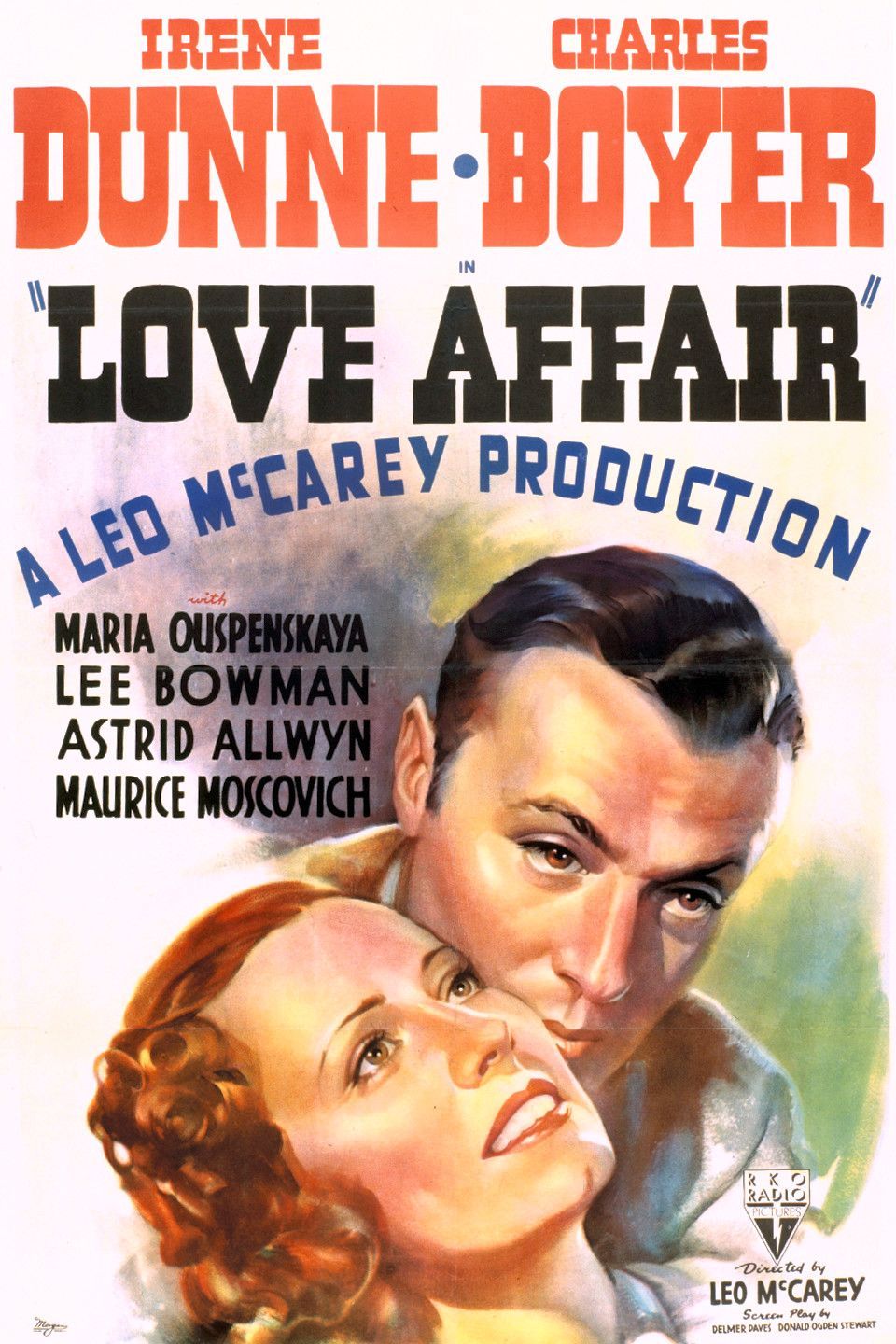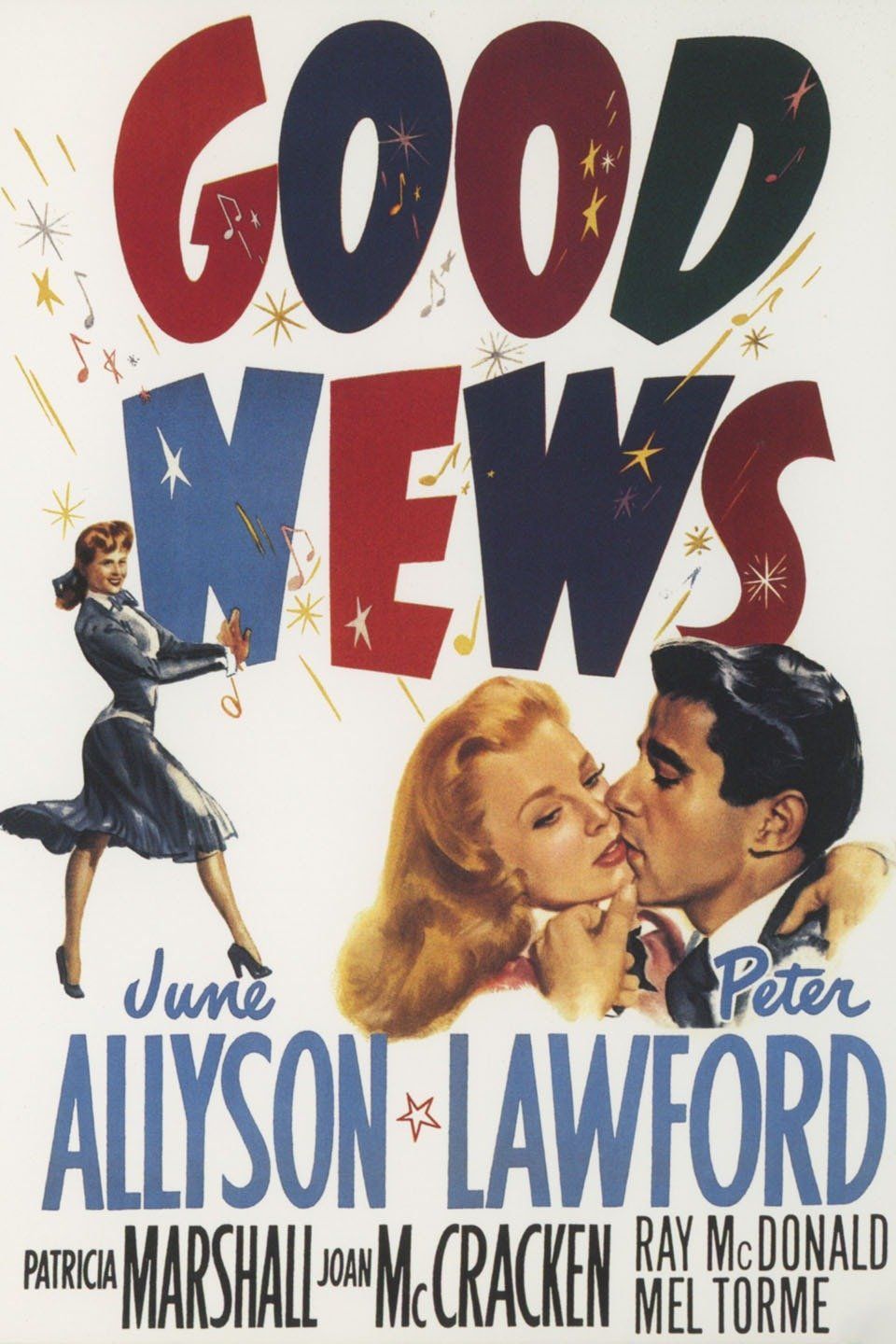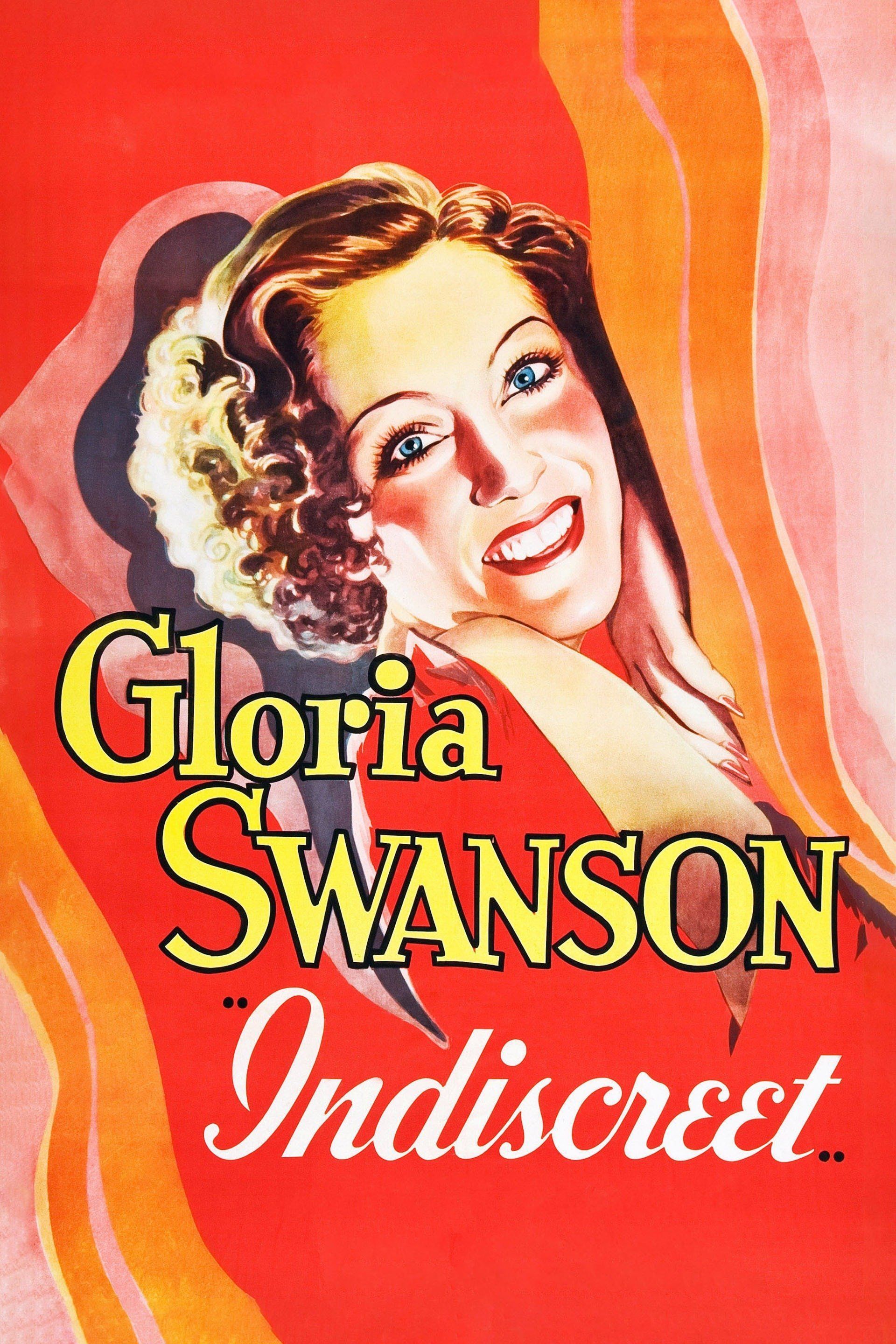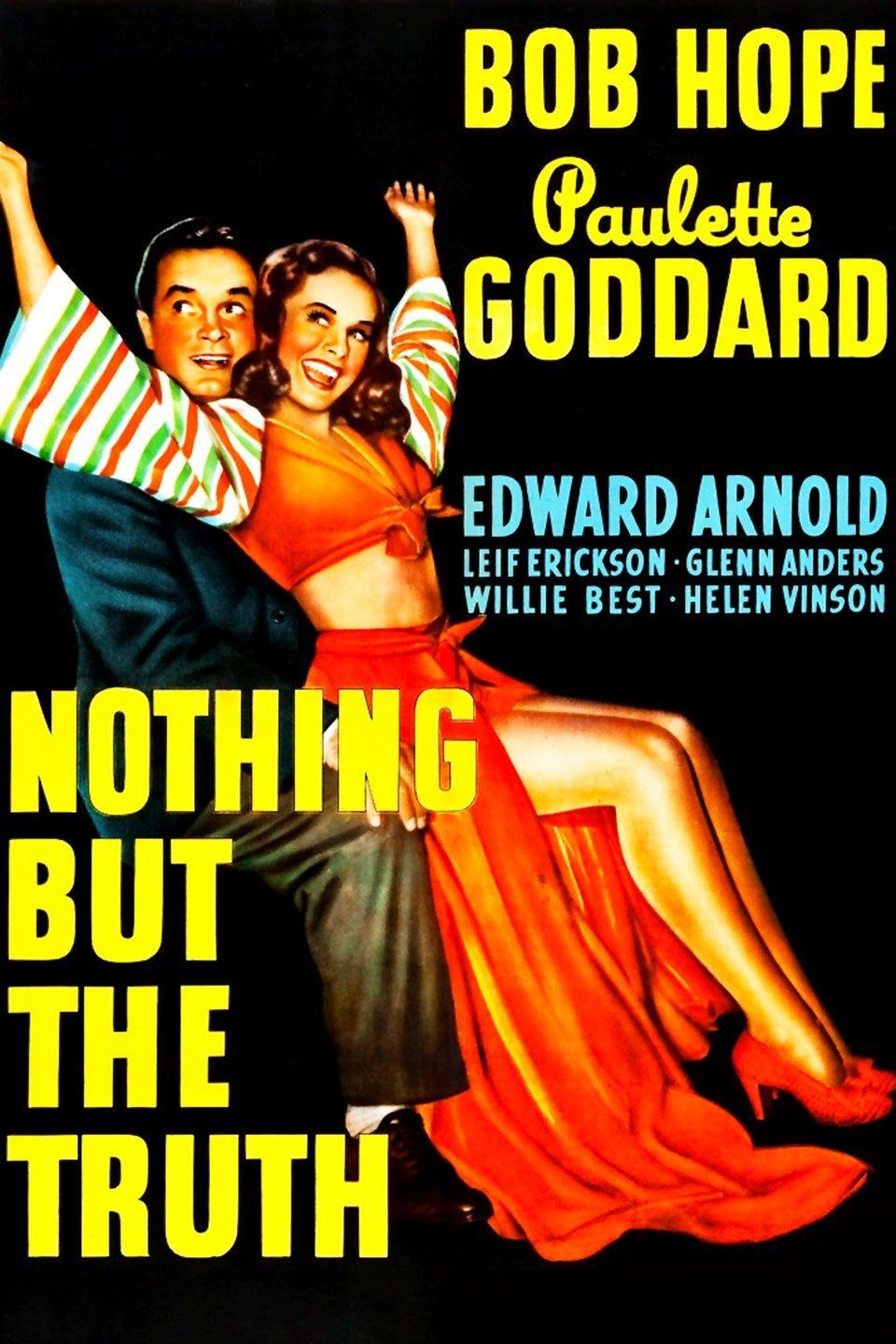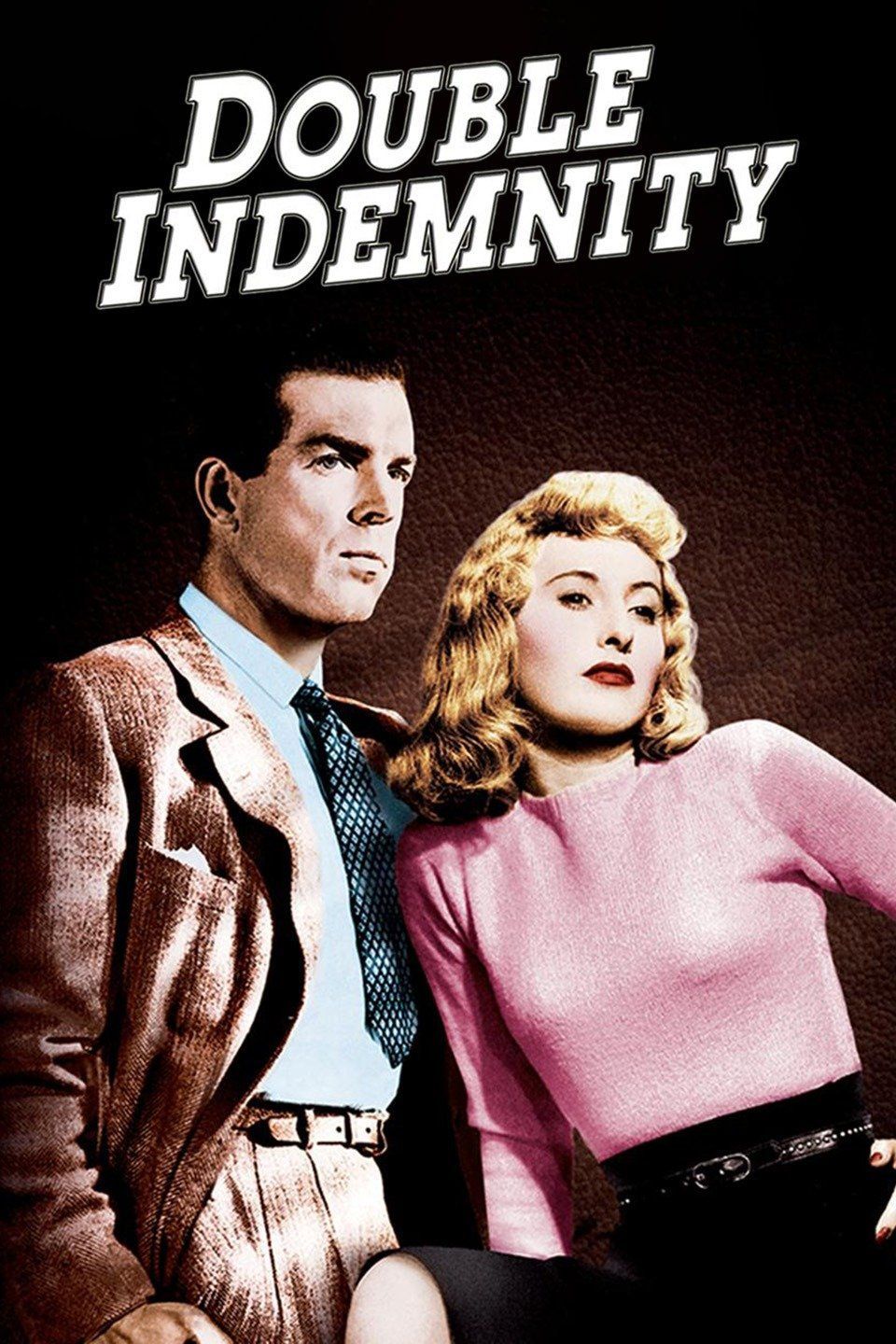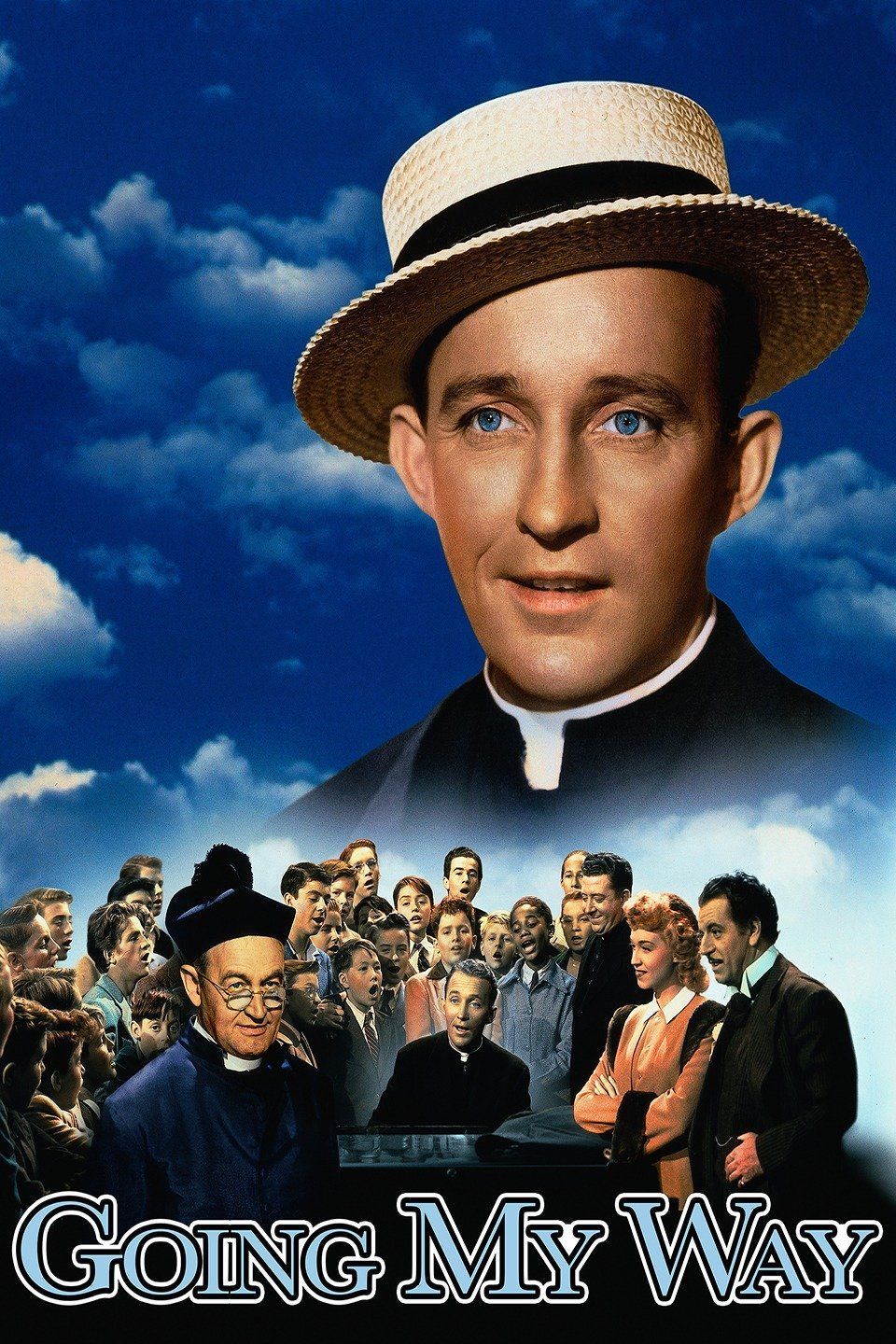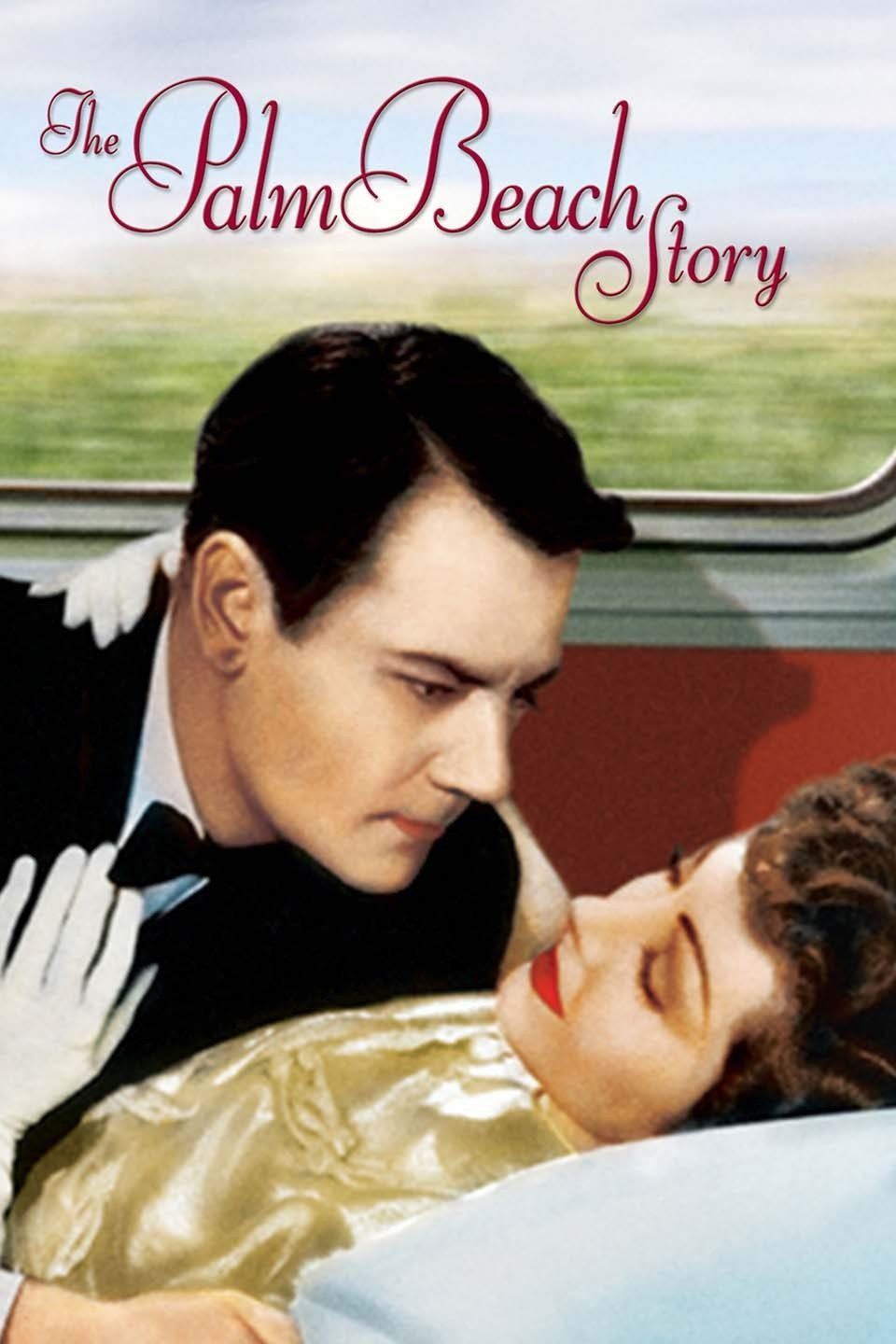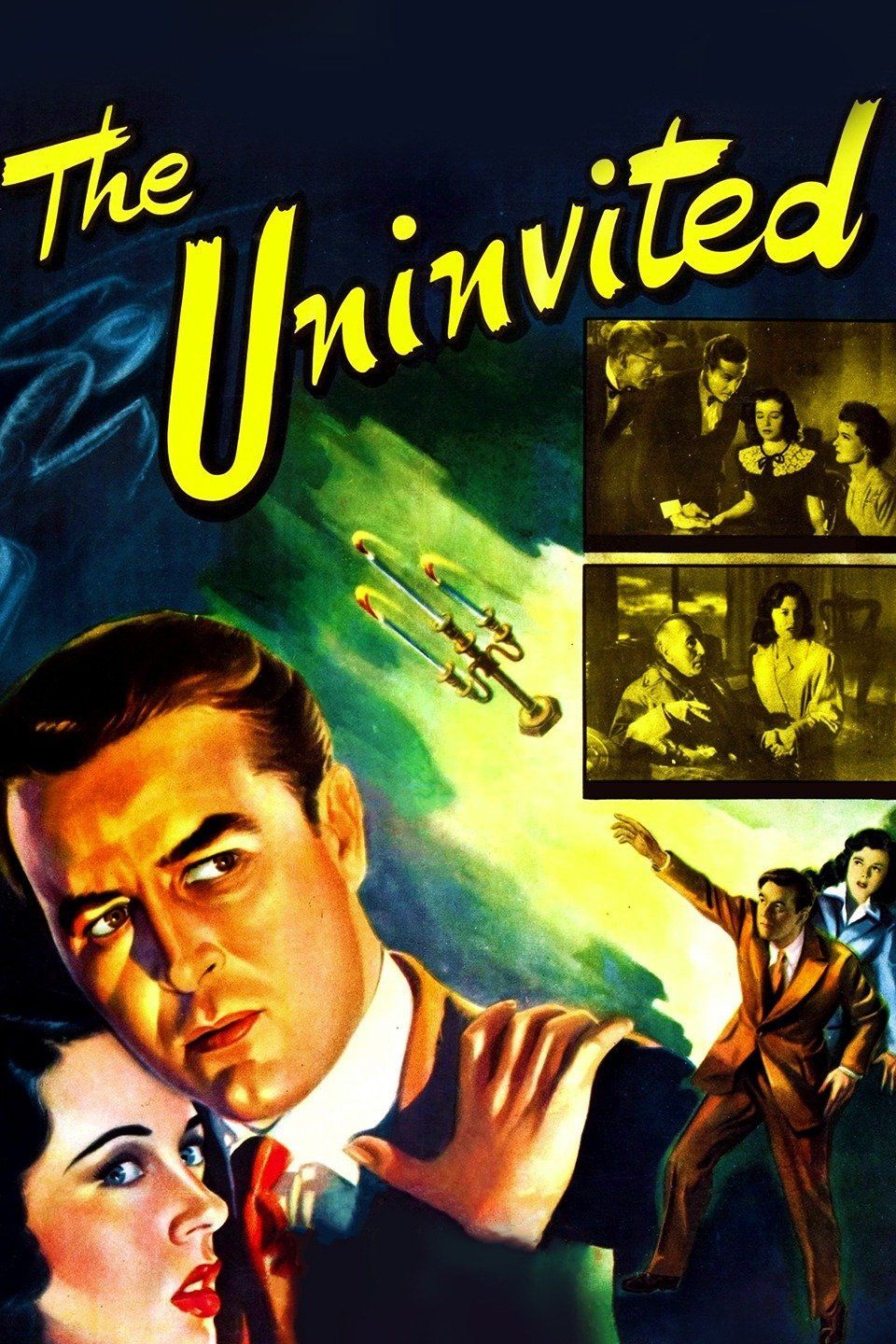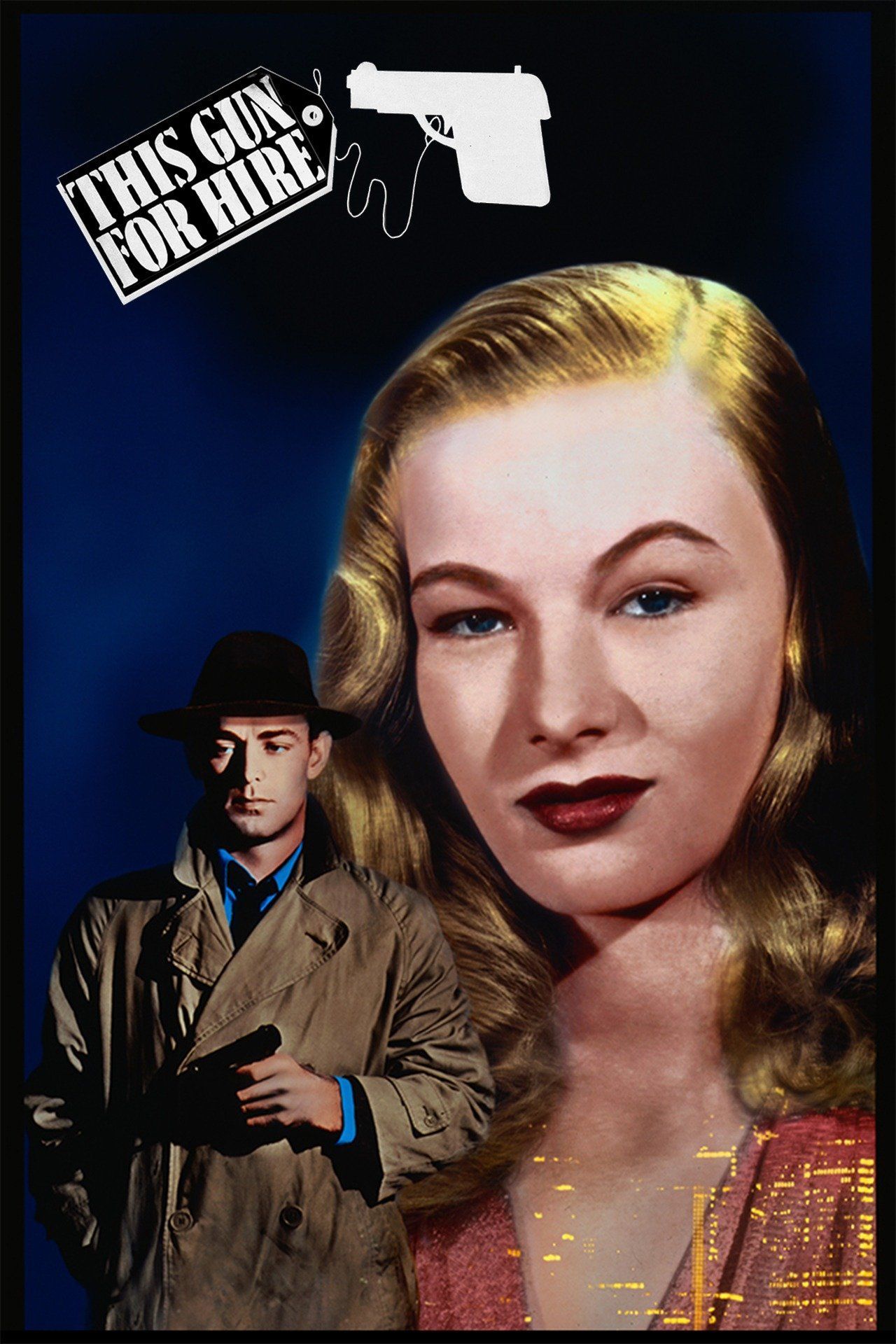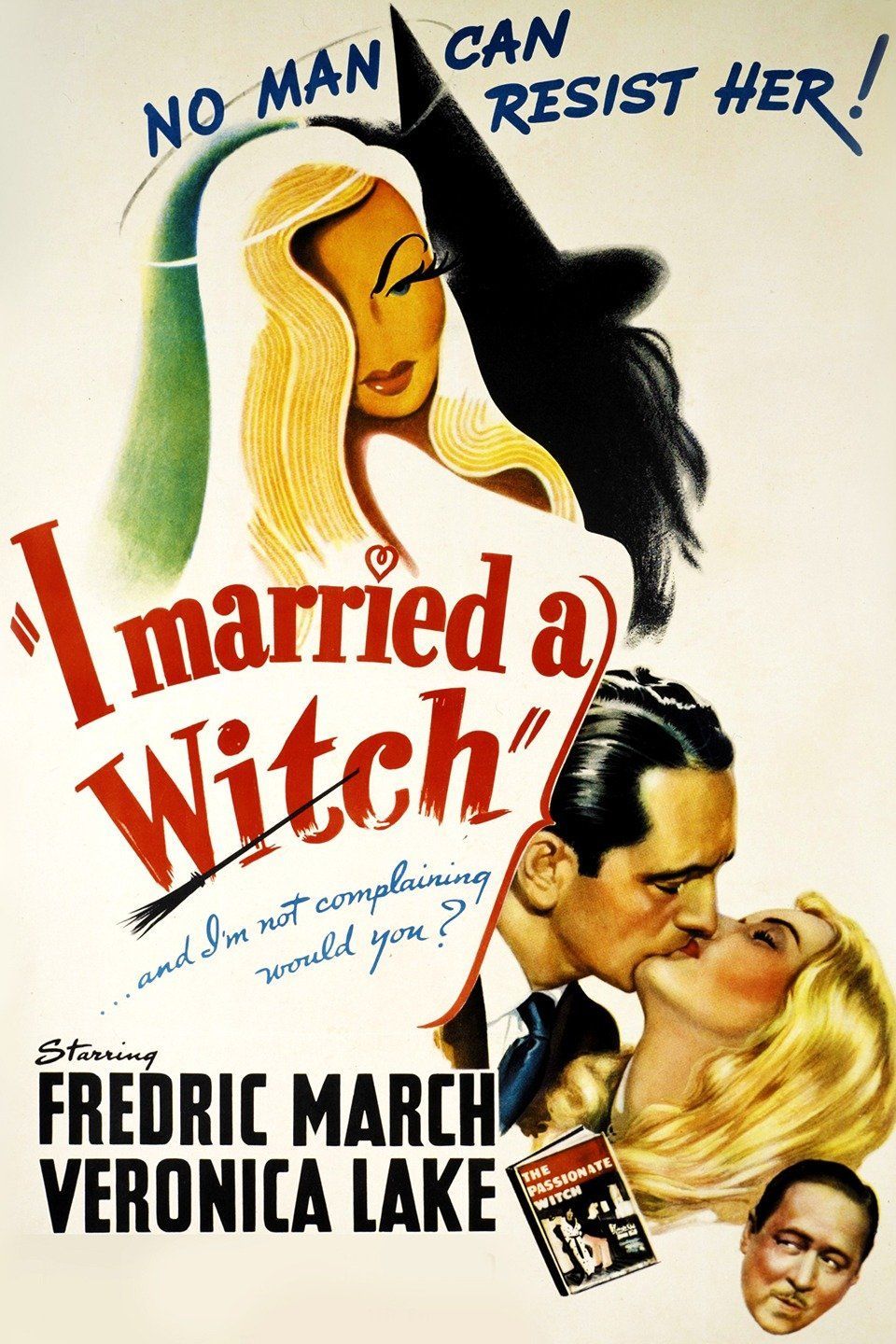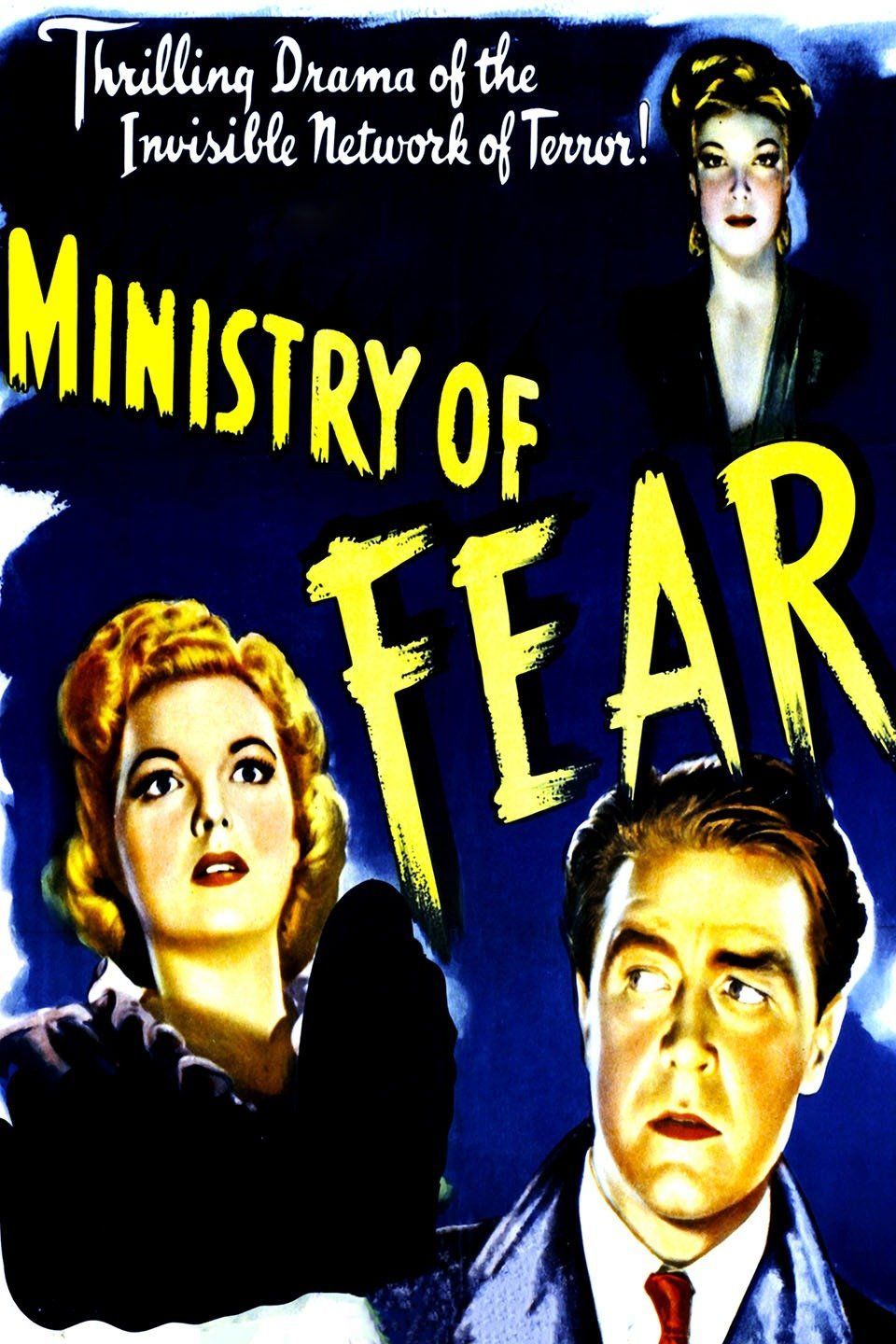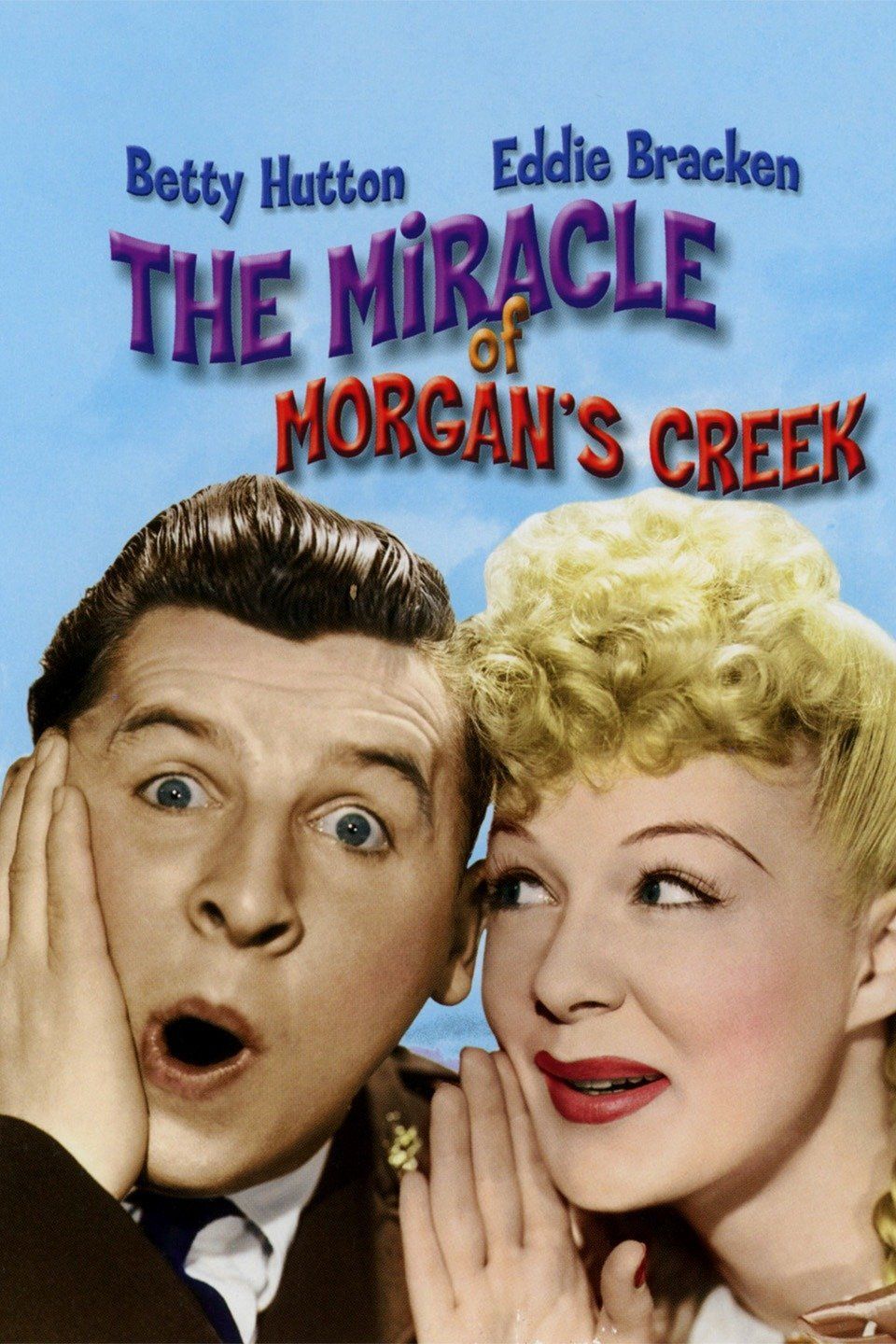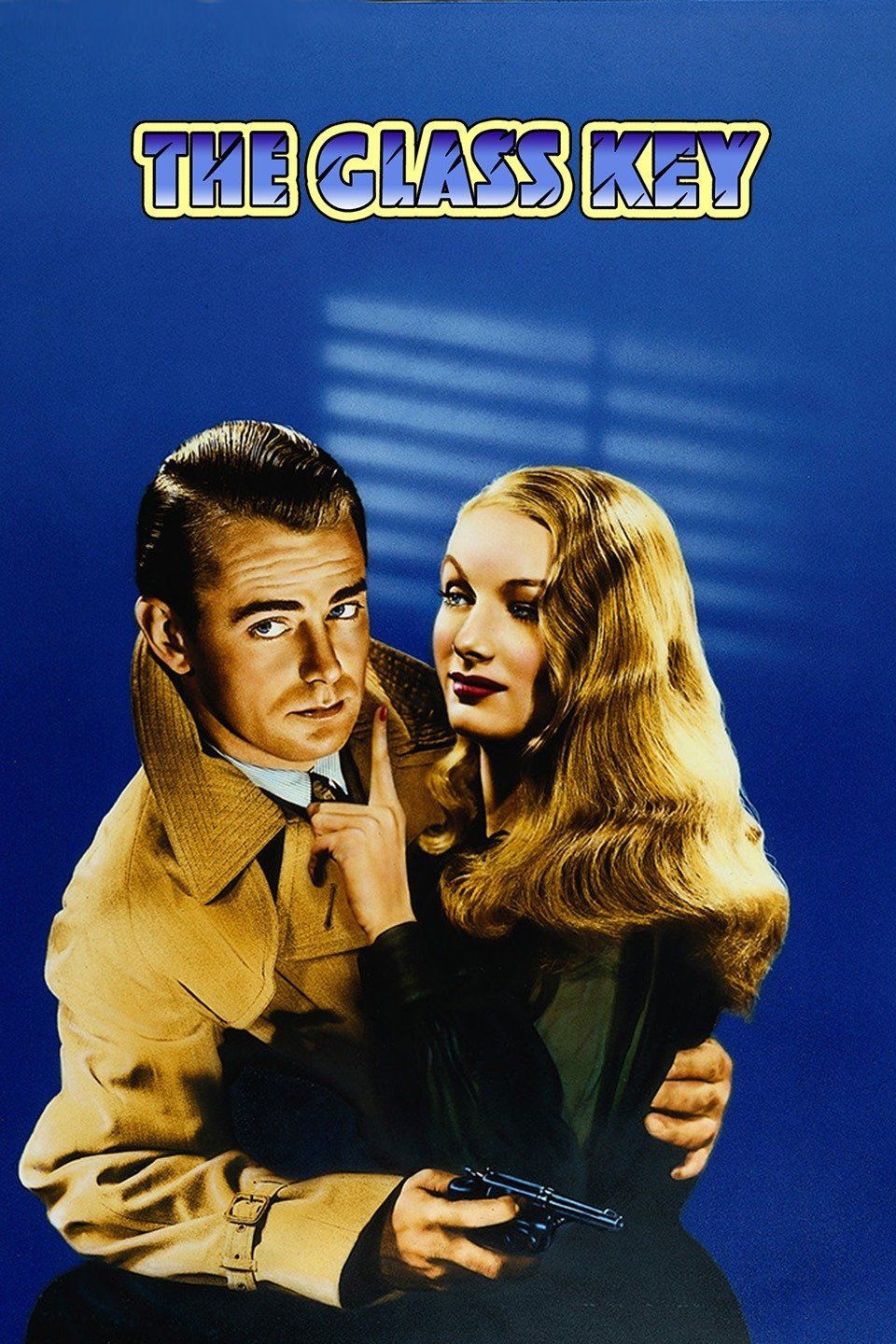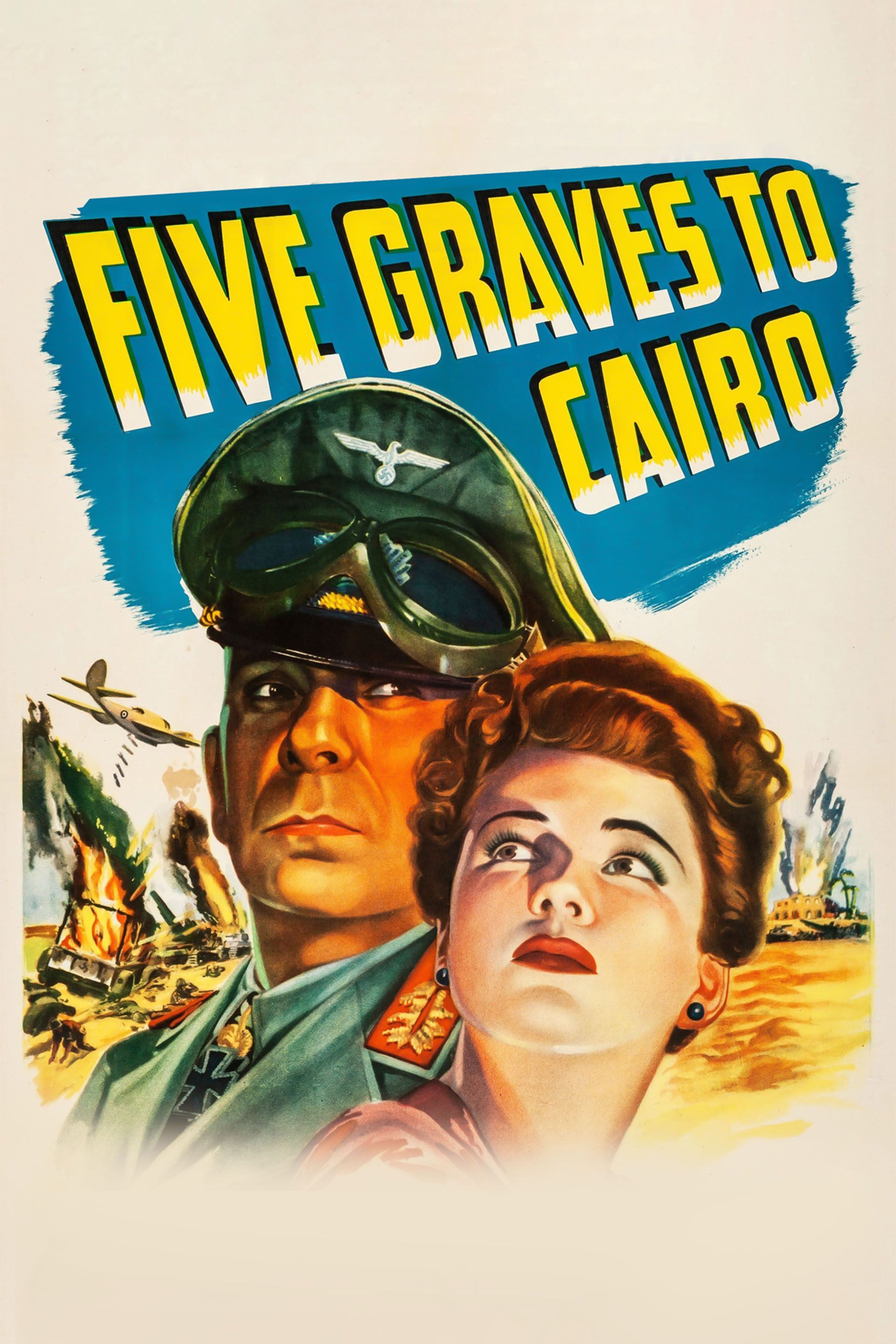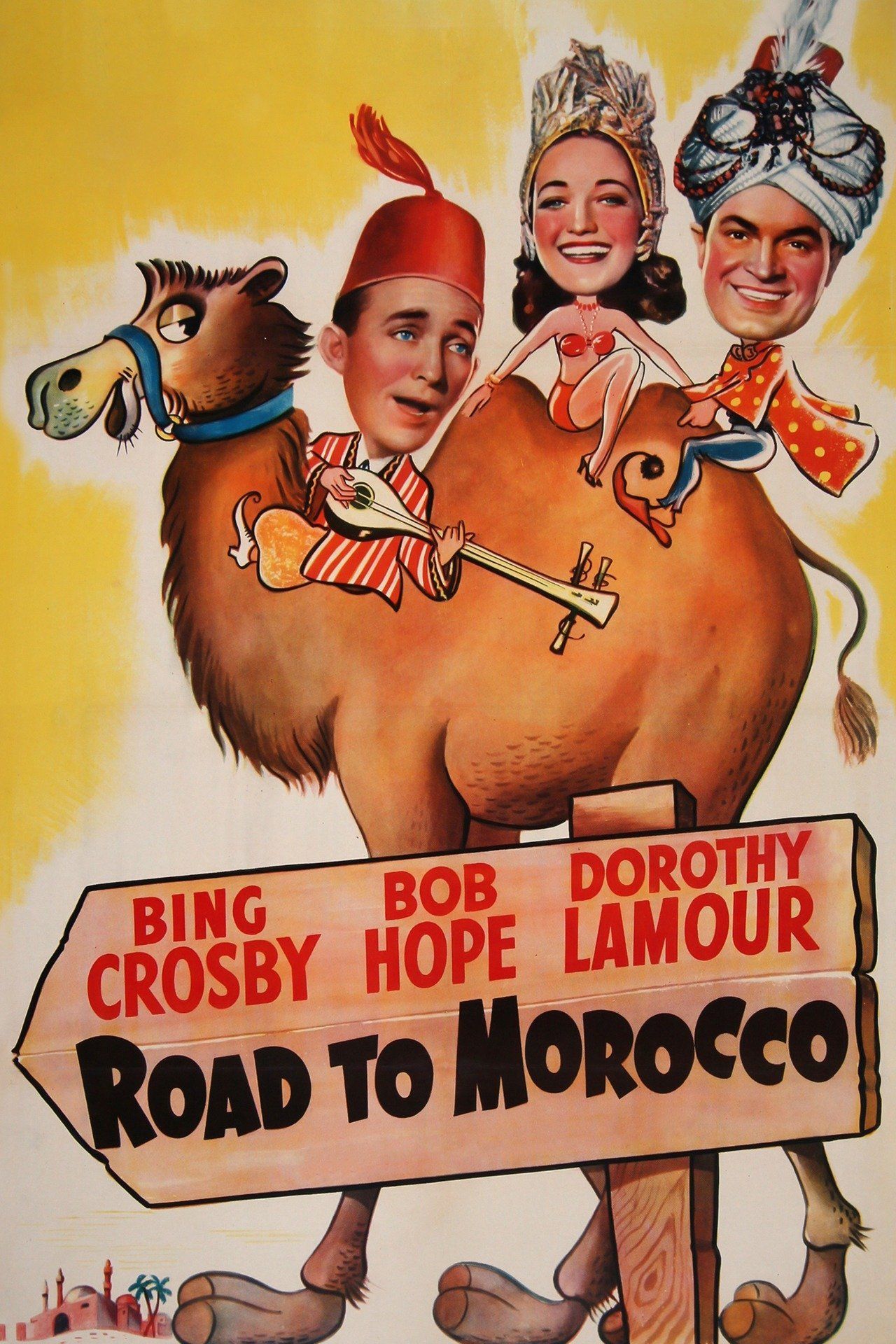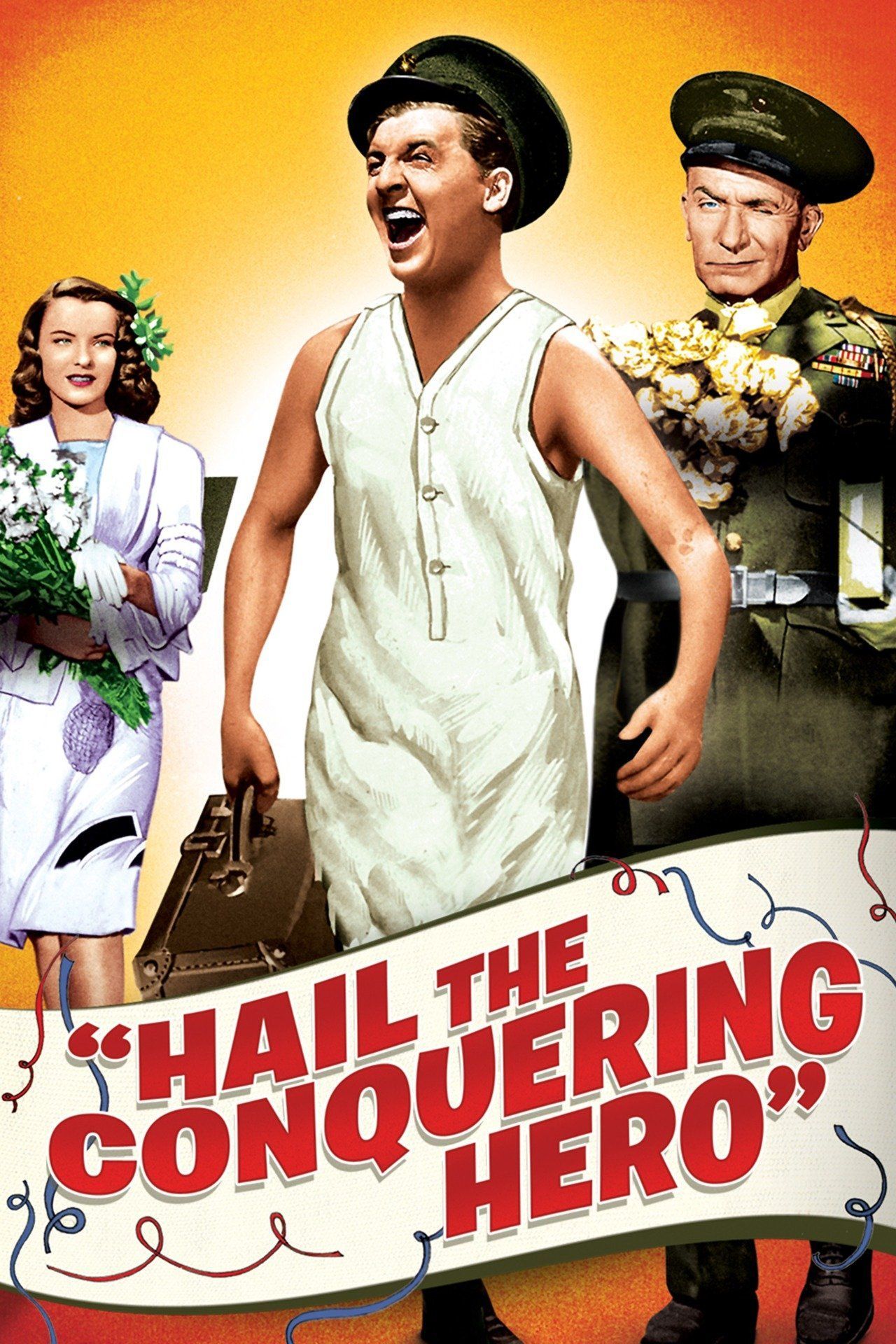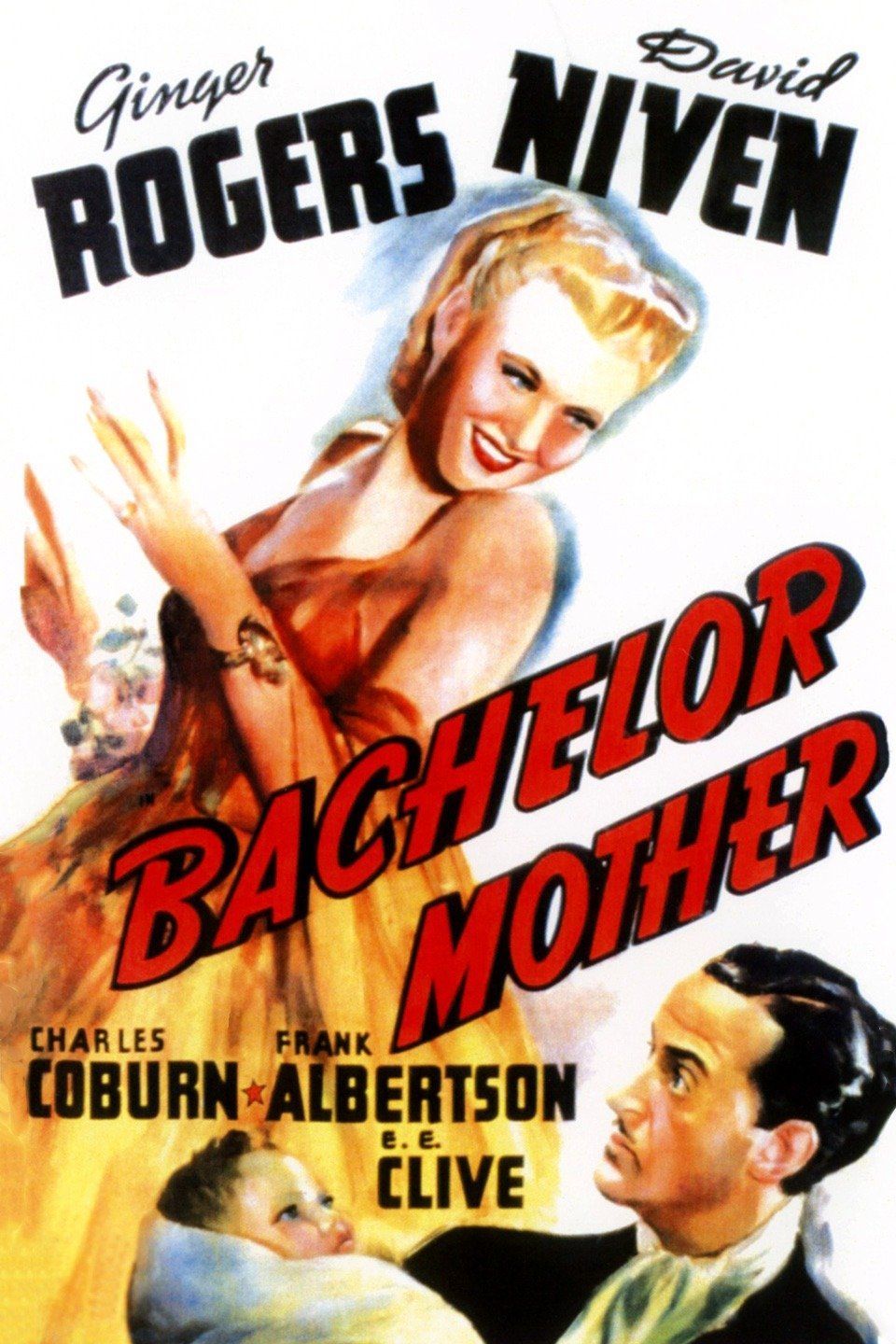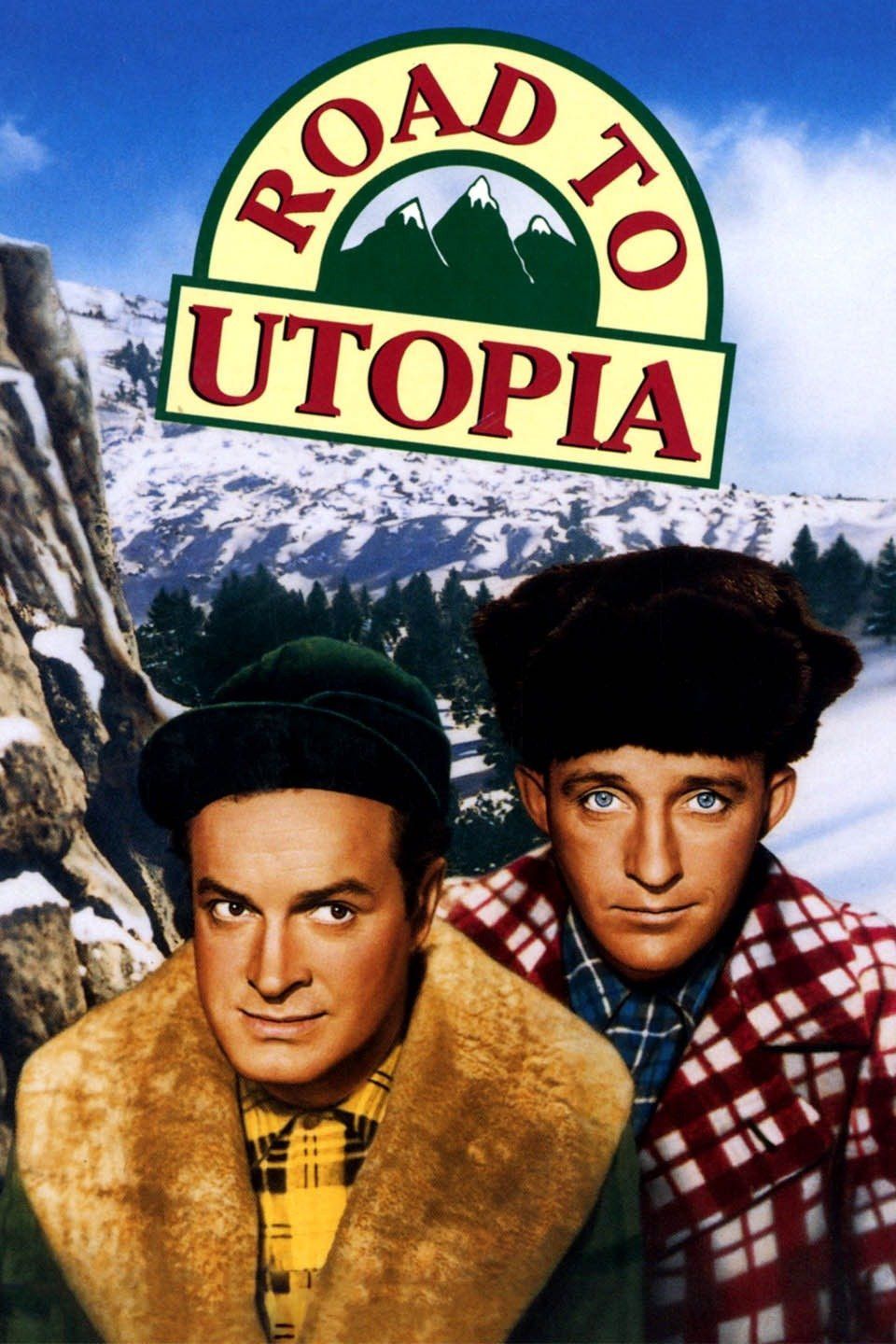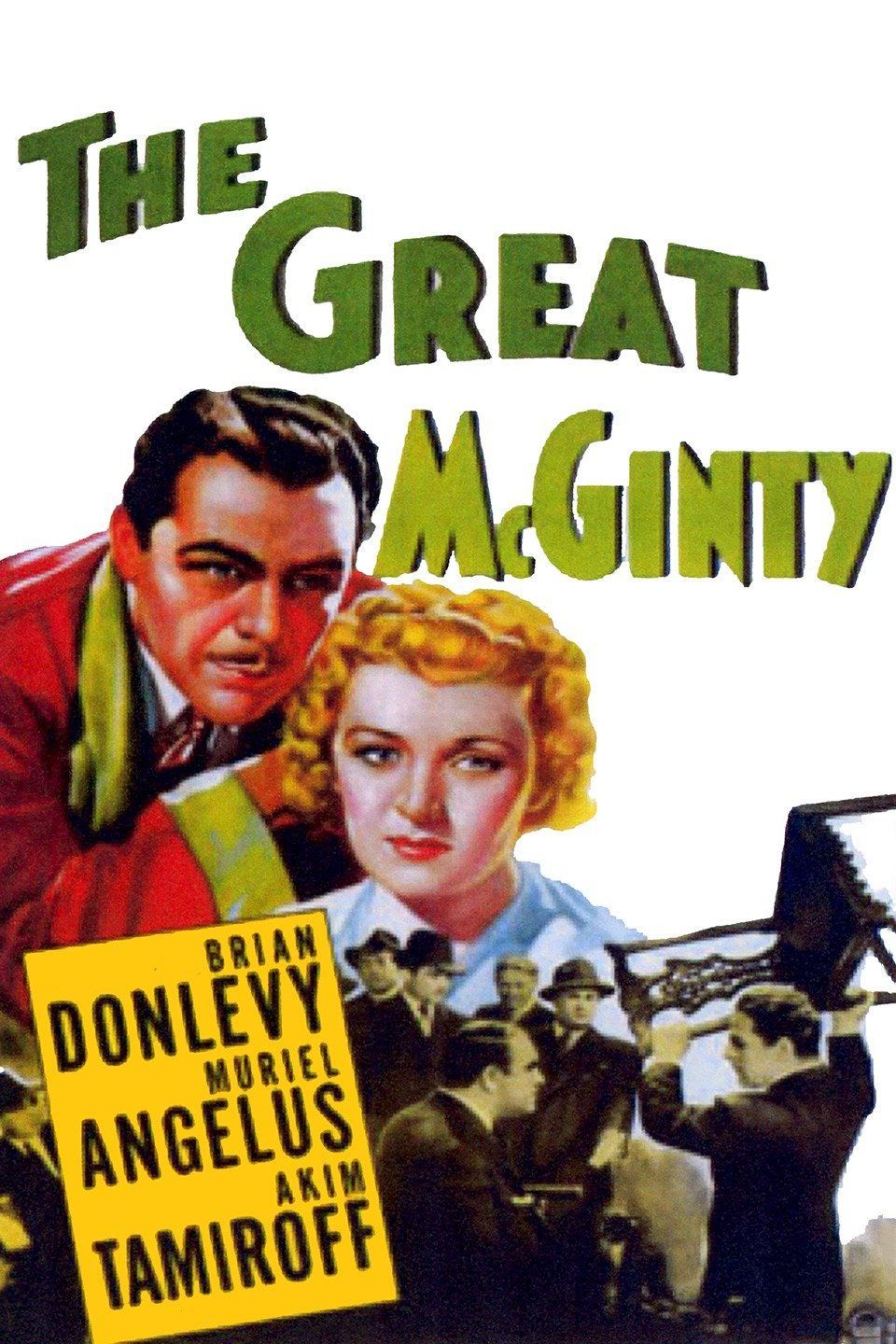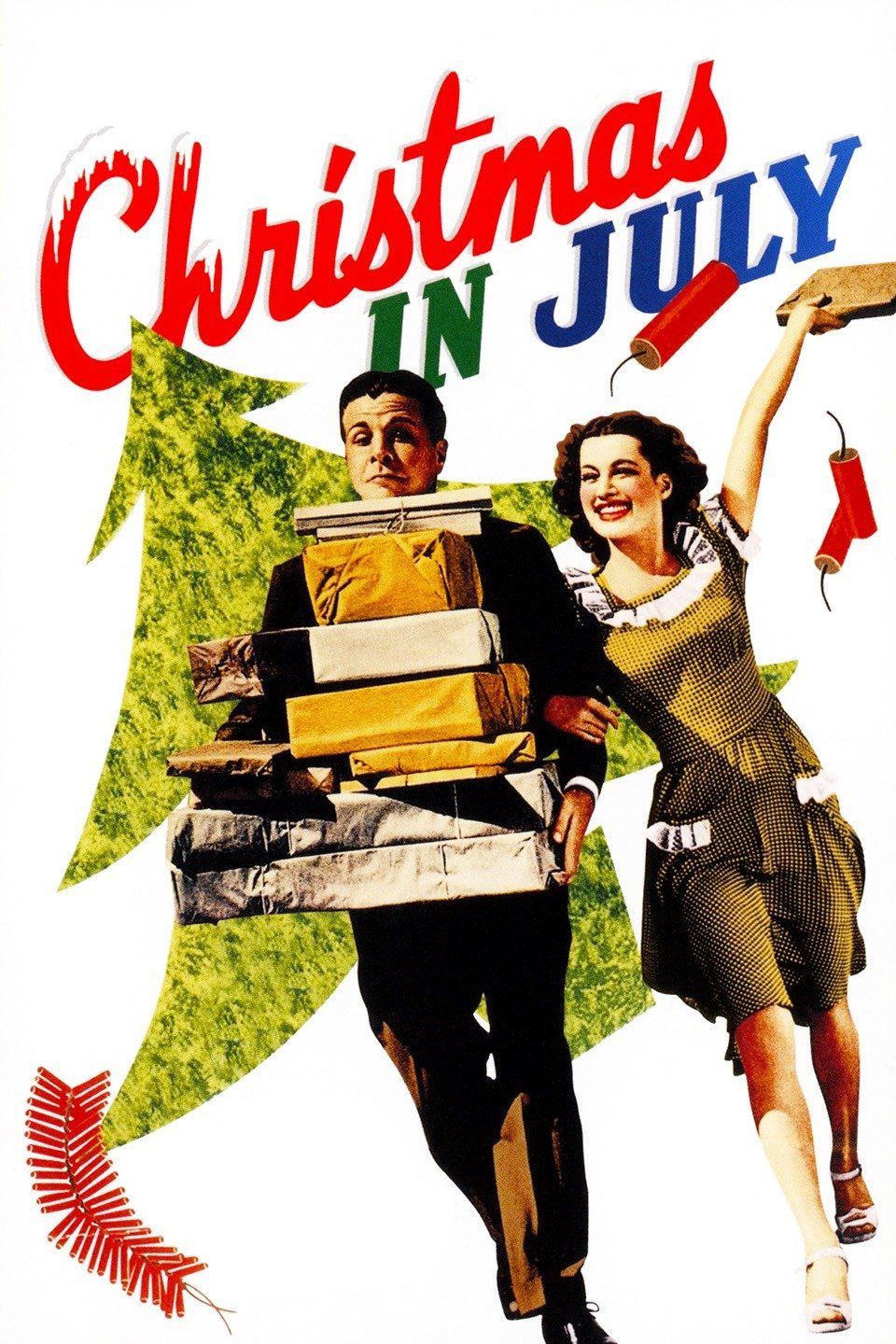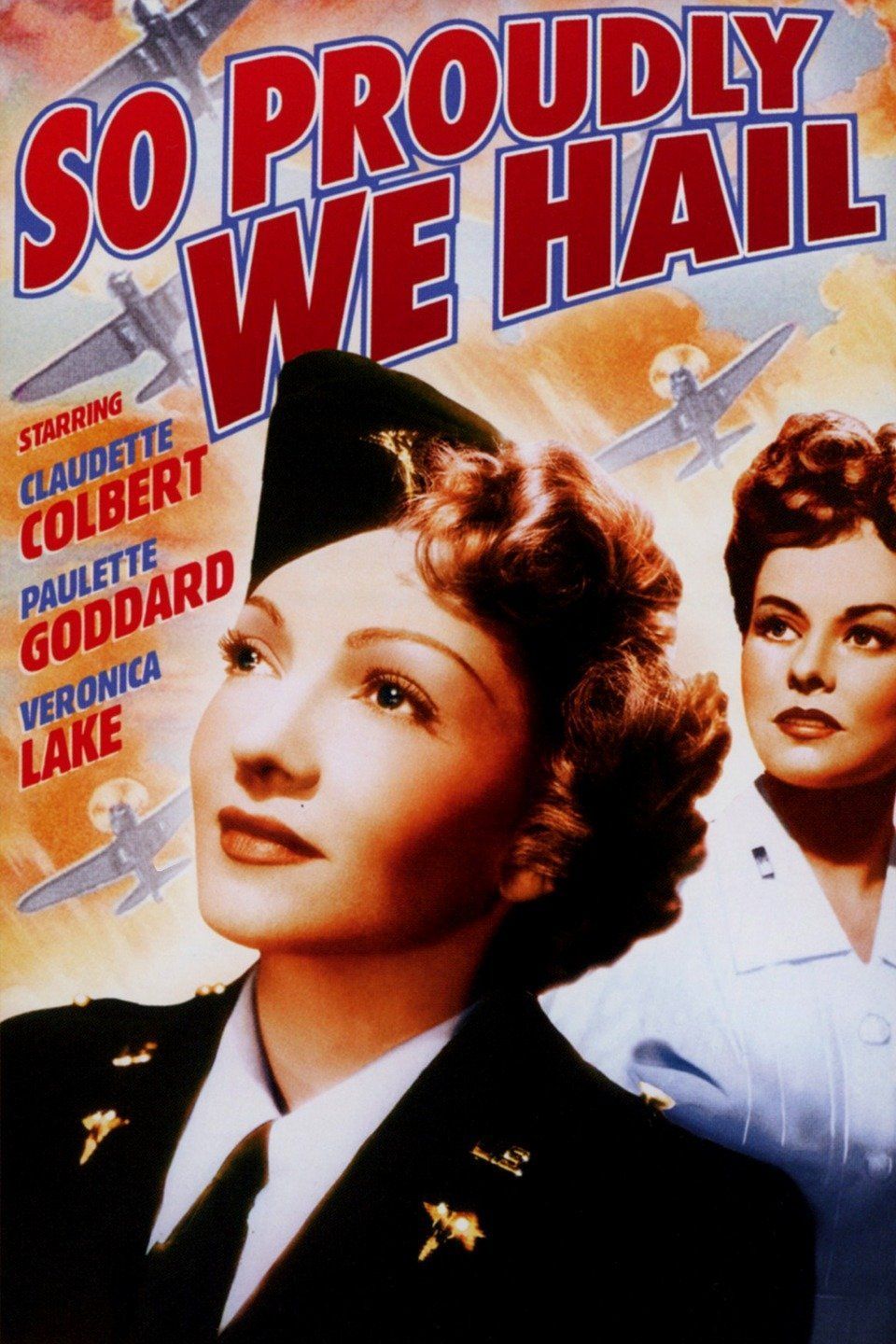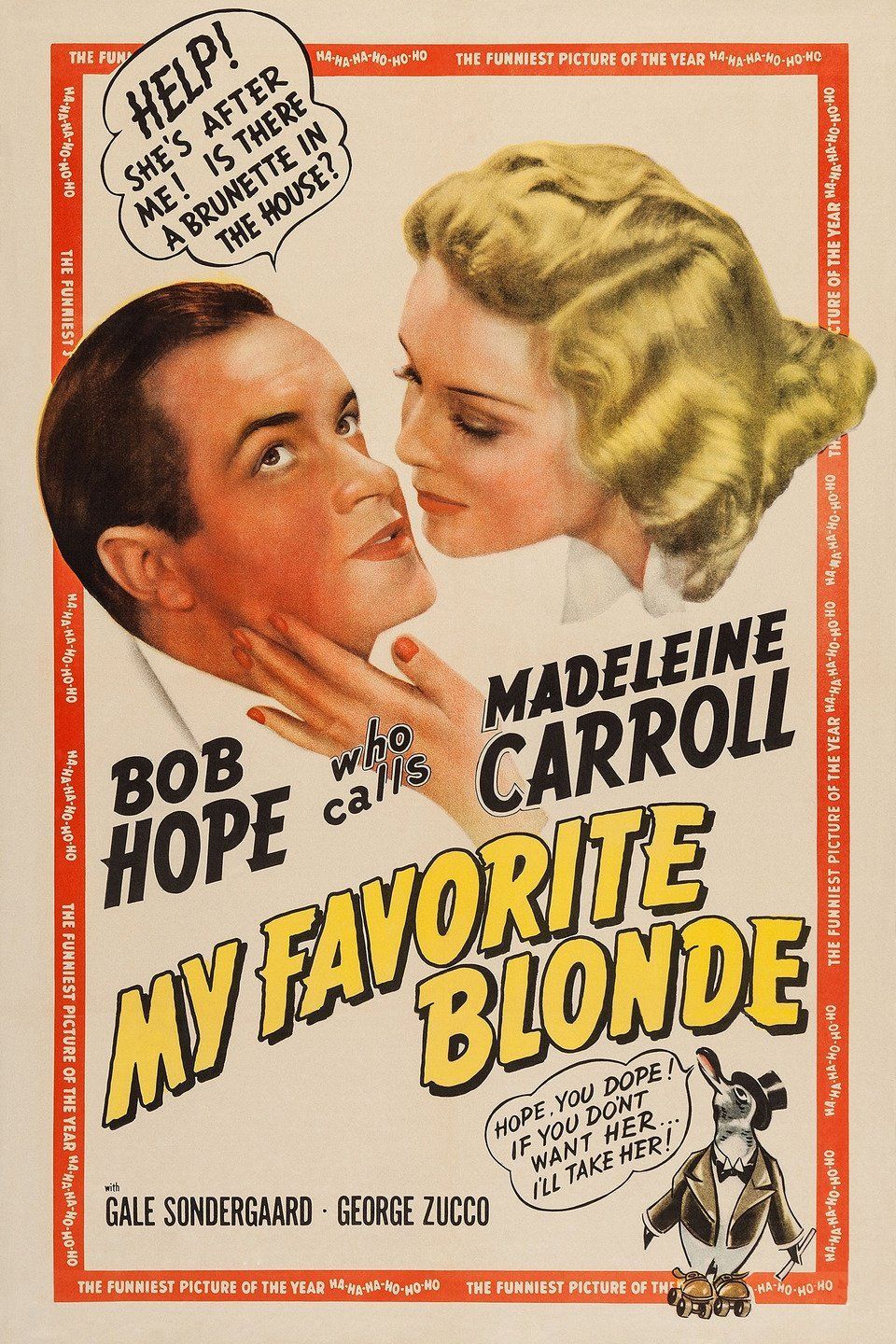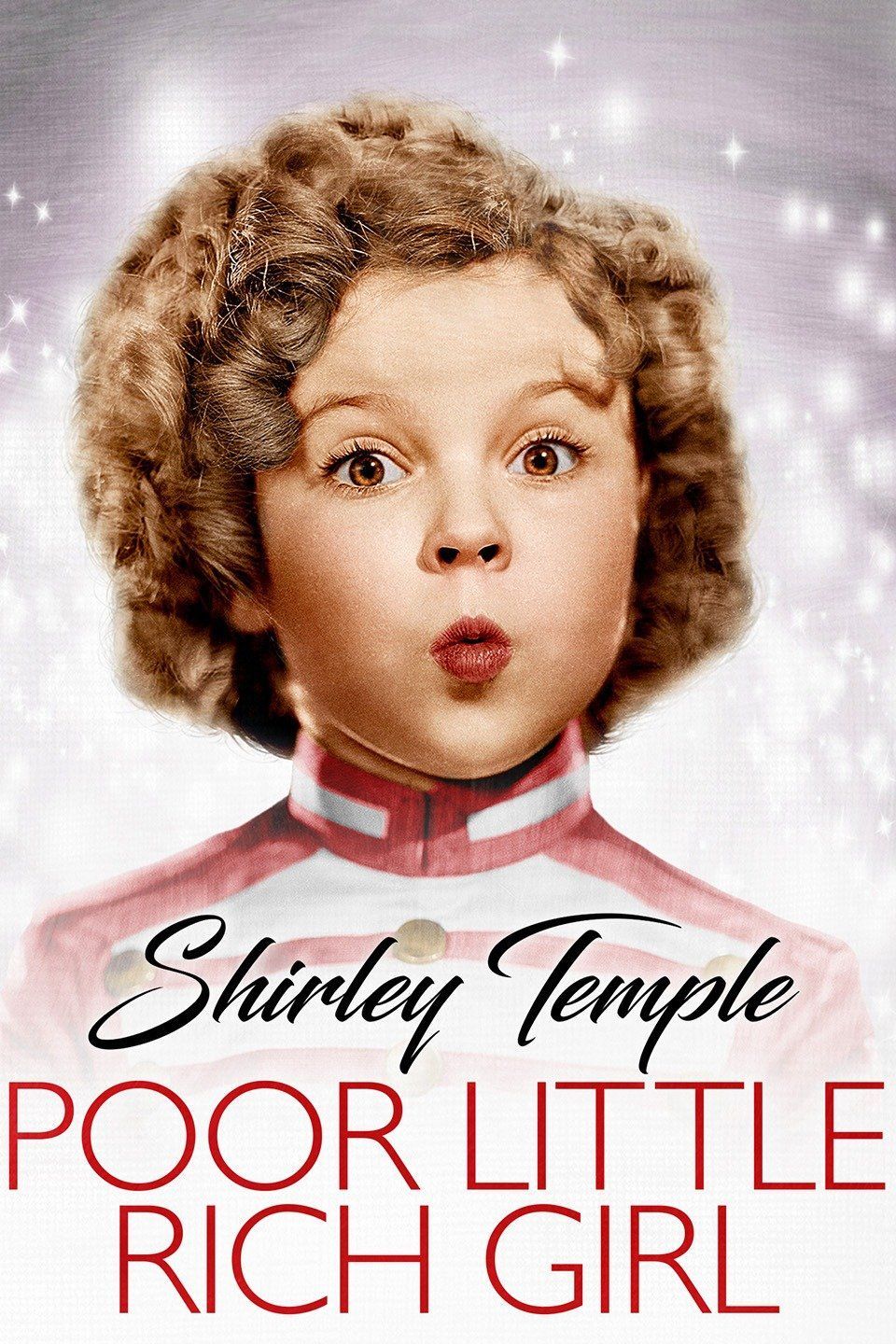BD
Buddy G. DeSylva
Producer, Writer, Additional Credits
Born January 27, 1895Died July 11, 1950 (55 years)
From Wikipedia, the free encyclopedia
George Gard "Buddy" DeSylva (January 27, 1895 – July 11, 1950) was an American songwriter, film producer and record executive. He wrote or co-wrote many popular songs and along with Johnny Mercer and Glenn Wallichs, he founded Capitol Records. DeSylva was born in New York City, but grew up in California and attended the University of Southern California, where he joined the Theta Xi Fraternity. His father, Aloysius J. De Sylva, was better known to American audiences as the Portuguese-born actor, Hal De Forrest. His mother, Georgetta Miles Gard, was the daughter of Los Angeles police chief George E. Gard.
DeSylva's first successful songs were those used by Al Jolson on Broadway in the 1918 Sinbad production, which included "I'll Say She Does". Soon thereafter he met Jolson and in 1918 the pair went to New York and DeSylva began working as a songwriter in Tin Pan Alley.
In the early 1920s, DeSylva frequently worked with composer George Gershwin. Together they created the experimental one-act jazz opera Blue Monday set in Harlem, which is widely regarded as a forerunner to Porgy and Bess ten years later.
In April 1924, DeSylva married Marie Wallace, a Ziegfeld Follies dancer.
In 1925, DeSylva became one third of the songwriting team with lyricist Lew Brown and composer Ray Henderson, one of the top Tin Pan Alley songwriters of the era. The team was responsible for the song Magnolia (1927) which was popularized by Lou Gold's orchestra. The writing and publishing partnership continued until 1930, producing a string of hits and the perennial Broadway favorite Good News. The popularity of this team was so great that Gershwin's mother supposedly chided her sons for not being able to write the sort of hits turned out by the trio.
DeSylva joined ASCAP in 1920 and served on the ASCAP board of directors between 1922 and 1930. He became a producer of stage and screen musicals. DeSylva relocated to Hollywood and went under contract to Fox Studios. During this tenure, he produced movies such as The Little Colonel, The Littlest Rebel, Captain January, Poor Little Rich Girl and Stowaway. In 1941, he became the Executive Producer at Paramount Pictures, a position he would hold until 1944. At Paramount, he was also an uncredited executive producer for Double Indemnity, For Whom the Bell Tolls, The Story of Dr. Wassell and The Glass Key.
The Paramount all-star extravaganza Star Spangled Rhythm, which takes place at the Paramount film studio in Hollywood, features a fictional movie executive named "B.G. DeSoto" (played by Walter Abel) who is a parody of DeSylva.
In 1942, Johnny Mercer, Glenn Wallichs and DeSylva together founded Capitol Records, which continues to this day. He also founded the Cowboy label.
George Gard "Buddy" DeSylva (January 27, 1895 – July 11, 1950) was an American songwriter, film producer and record executive. He wrote or co-wrote many popular songs and along with Johnny Mercer and Glenn Wallichs, he founded Capitol Records. DeSylva was born in New York City, but grew up in California and attended the University of Southern California, where he joined the Theta Xi Fraternity. His father, Aloysius J. De Sylva, was better known to American audiences as the Portuguese-born actor, Hal De Forrest. His mother, Georgetta Miles Gard, was the daughter of Los Angeles police chief George E. Gard.
DeSylva's first successful songs were those used by Al Jolson on Broadway in the 1918 Sinbad production, which included "I'll Say She Does". Soon thereafter he met Jolson and in 1918 the pair went to New York and DeSylva began working as a songwriter in Tin Pan Alley.
In the early 1920s, DeSylva frequently worked with composer George Gershwin. Together they created the experimental one-act jazz opera Blue Monday set in Harlem, which is widely regarded as a forerunner to Porgy and Bess ten years later.
In April 1924, DeSylva married Marie Wallace, a Ziegfeld Follies dancer.
In 1925, DeSylva became one third of the songwriting team with lyricist Lew Brown and composer Ray Henderson, one of the top Tin Pan Alley songwriters of the era. The team was responsible for the song Magnolia (1927) which was popularized by Lou Gold's orchestra. The writing and publishing partnership continued until 1930, producing a string of hits and the perennial Broadway favorite Good News. The popularity of this team was so great that Gershwin's mother supposedly chided her sons for not being able to write the sort of hits turned out by the trio.
DeSylva joined ASCAP in 1920 and served on the ASCAP board of directors between 1922 and 1930. He became a producer of stage and screen musicals. DeSylva relocated to Hollywood and went under contract to Fox Studios. During this tenure, he produced movies such as The Little Colonel, The Littlest Rebel, Captain January, Poor Little Rich Girl and Stowaway. In 1941, he became the Executive Producer at Paramount Pictures, a position he would hold until 1944. At Paramount, he was also an uncredited executive producer for Double Indemnity, For Whom the Bell Tolls, The Story of Dr. Wassell and The Glass Key.
The Paramount all-star extravaganza Star Spangled Rhythm, which takes place at the Paramount film studio in Hollywood, features a fictional movie executive named "B.G. DeSoto" (played by Walter Abel) who is a parody of DeSylva.
In 1942, Johnny Mercer, Glenn Wallichs and DeSylva together founded Capitol Records, which continues to this day. He also founded the Cowboy label.
Known For
Filmography
| 1946 | |
| 1945 | |
| 1945 | Road to Utopia · as Executive Producer |
| 1945 | Incendiary Blonde · as Executive Producer |
| 1944 | Practically Yours · as Executive Producer |
| 1944 | |
| 1944 | Going My Way · as Executive Producer |
| 1944 | Frenchman's Creek · as Executive Producer |
| 1944 | The Great Moment · as Executive Producer |
| 1944 | Our Hearts Were Young and Gay · as Executive Producer |
| 1944 | The Uninvited · as Executive Producer |
| 1944 | Hail the Conquering Hero · as Executive Producer |
| 1944 | The Story of Dr. Wassell · as Executive Producer |
| 1944 | Ministry of Fear · as Executive Producer |
| 1944 | Double Indemnity · as Executive Producer |
| 1944 | Lady in the Dark · as Executive Producer |
| 1943 | True to Life · as Executive Producer |
| 1943 | The Miracle of Morgan's Creek · as Executive Producer |
| 1943 | Riding High · as Executive Producer |
| 1943 | So Proudly We Hail! · as Executive Producer |
| 1943 | For Whom the Bell Tolls · as Executive Producer |
| 1943 | Five Graves to Cairo · as Executive Producer |
| 1943 | Dixie · as Executive Producer |
| 1943 | |
| 1943 | Happy Go Lucky · as Executive Producer |
| 1942 | Star Spangled Rhythm · as Executive Producer |
| 1942 | Road to Morocco · as Executive Producer |
| 1942 | |
| 1942 | I Married a Witch · as Executive Producer |
| 1942 | My Favorite Blonde · as Executive Producer |
| 1942 | The Glass Key · as Executive Producer |
| 1942 | This Gun for Hire · as Executive Producer |
| 1942 | Wake Island · as Executive Producer |
| 1942 | Reap the Wild Wind · as Executive Producer |
| 1942 | The Lady Has Plans · as Executive Producer |
| 1941 | Louisiana Purchase · as Executive Producer |
| 1941 | Sullivan's Travels · as Executive Producer |
| 1941 | |
| 1941 | The Great Man's Lady · as Executive Producer |
| 1941 | Nothing But the Truth · as Executive Producer |
| 1941 | |
| 1941 | |
| 1941 | |
| 1940 | |
| 1940 | |
| 1939 | |
| 1938 | |
| 1937 | |
| 1936 | |
| 1936 | Ladies in Love · as Associate Producer |
| 1936 | Sing, Baby, Sing · as Associate Producer |
| 1936 | Poor Little Rich Girl · as Associate Producer |
| 1936 | Captain January · as Associate Producer |
| 1935 | The Littlest Rebel · as Associate Producer |
| 1935 | |
| 1935 | |
| 1935 | |
| 1934 | |
| 1931 | |
| 1930 | |
| 1929 |
